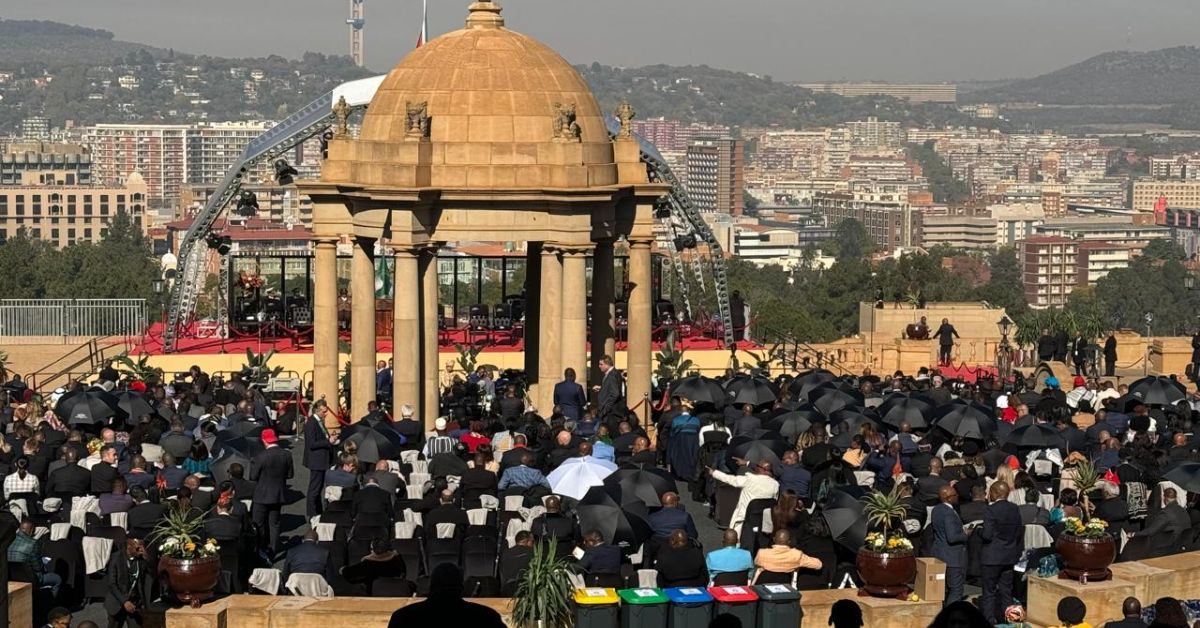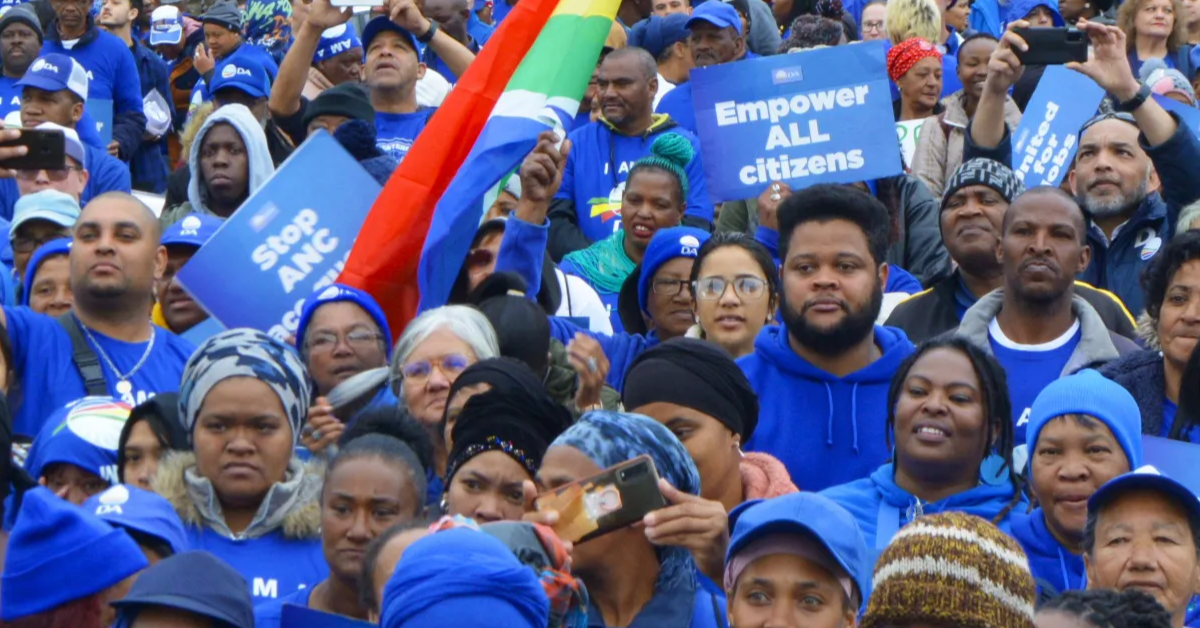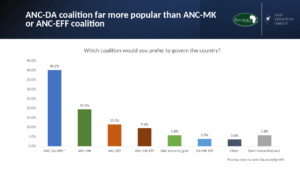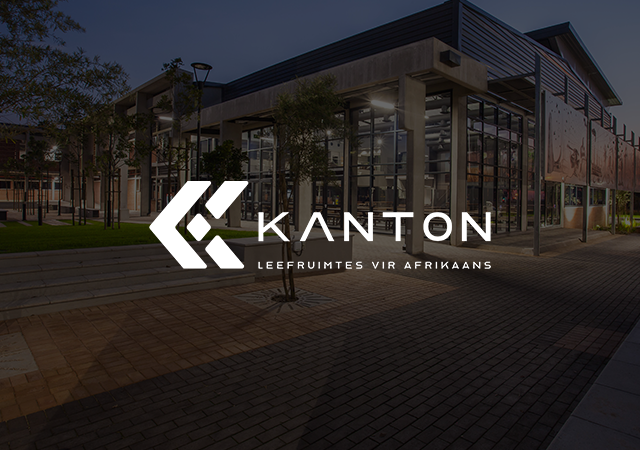As the first sitting of parliament after the recent general election commenced on Friday 14 June, South Africans were still uncertain about the government of national unity as the relevant parties remained silent on the negotiating process between them.
Just after 12:00 a trusted source confirmed to the media that the ANC had signed an agreement for a government of national unity (GNU) with the DA and the IFP. Later on more parties joined in on the agreement.
The parliamentary sitting started at 10:00 on Friday morning and continued to approximately 18:00 the evening. President Cyril Ramaphosa was re-elected as State President. Thoko Didiza (ANC) was elected as speaker and Annelie Lotriet (DA) as deputy speaker.
Here are the updates you need to know and a glimpse of what the new government means for South Africa and the community at large.
President Cyril Ramaphosa is inaugurated for his third term as president
On Wednesday 19 June President Cyril Ramaphosa was reinaugurated for his third term as the president of South Africa at the Union Buildings in Pretoria. Part of the agreement between the DA and ANC, was that the DA would support Ramaphosa in votes to stay in his position as president. Solidarity attended the ceremony as representatives of the Afrikaner.
In his address, President Ramaphosa underscored the significance of cooperation. He affirmed that the ANC wholeheartedly acknowledges the outcomes of the national election, recognizing the voice of the South African populace. He stressed that political parties should now adhere to these results through collaborative efforts.
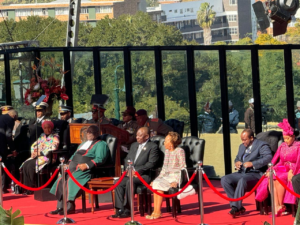
The ANC, DA, IFP, GOOD and the PA are officially part of the GNU
For the first time in the history of South Africa, the government resembles a broader range of people and their different needs and governs with far more votes than the 50% needed.
After the ANC, DA and IF concluded an agreement before the parliamentary sitting, GOOD and the PA also agreed to join the Government of national unity.
It is crucial to emphasize that not all parties have the liberty to join the Government of National Unity at will. Only those parties willing to abide by the negotiated terms and sign an agreement can participate in the government. Parties such as the EFF and MK has shown no interest to join the GNU.
The negotiations will continue
The negotiations on the GNU are not over yet, on the contrary, it can now start. The president still has to appoint ministers in the cabinet and the parliamentary portfolio comities still needs to elect chairman in each portfolio.
The DA and ANC argued on the term “broad representation” that the DA suggested. If this concept is implemented, it would mean ministers and chairman are appointed according to the number of votes each party obtained in the election.
President Ramaphosa rejected this proposal during the initial round of negotiations.
What does the new government mean for South Africa?
First of all, South Africa is at a better place than three weeks ago
Dr Dirk Hermann, Solidarity’s chief executive, says it is a positive development that the ANC no longer has free reins to govern the country on its own. This situation could signify positive implications for legislation such as the NHI Act and the BELA insofar as such legislation may now have to be revised, while it would not be possible to sign new laws without reaching consensus with the other parties in the GNU.
South Africa is still in an unstable position
A “better position” does not mean a stable position. According to Hermann, the political situation remains unstable, and many familiarities may be subjected to change. South Africans should not drop their guard and celebrate as if all has taken a turn for the good.
There may be more room for cultural development
According to Hermann, these election results show a rise in cultural groups voting for the same party, especially among the Zulu community. For the first time the political landscape might be ready to accommodate certain cultural communities to grow and build in their own communities. The Solidarity Movement will have more opportunity to advocate for “spaces” in communities for independent growth.
Time will tell what the immediate political future hold. There are reason for hope, but it is also important not to expect that change will happen over night. We will keep our readers informed.
